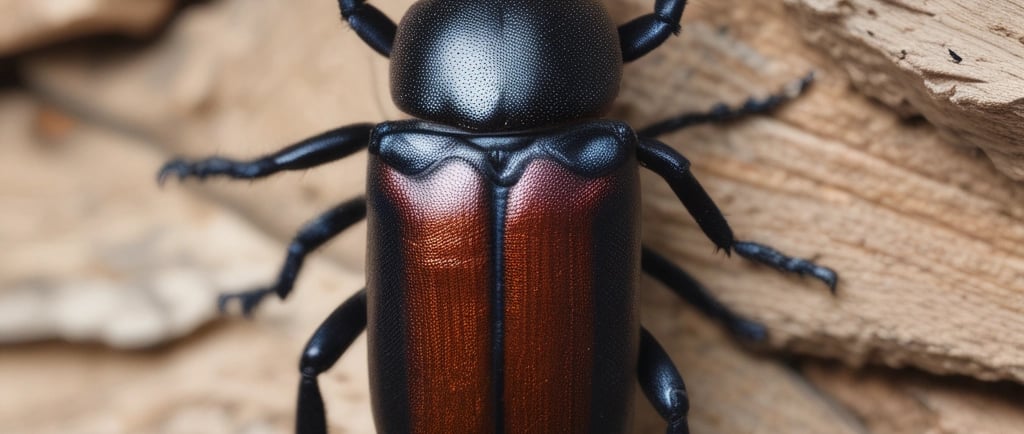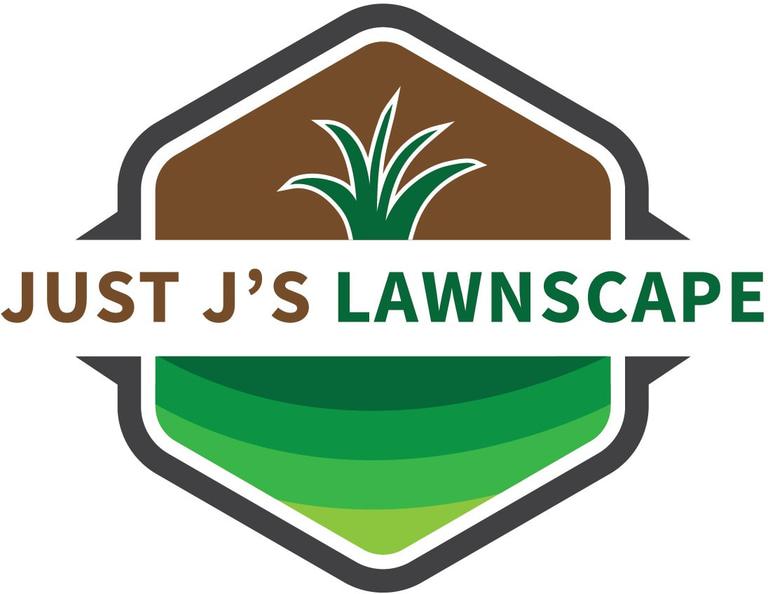Effective Strategies to Organically Protect Your Plants and Shrubs from Pests
10/30/20242 min read


Understanding Garden Pests
Pests pose a significant threat to the health and vitality of plants and shrubs. These unwanted visitors can spoil the aesthetics of your garden and hamper the growth of your cherished flora. Understanding the types of pests that commonly invade gardens, such as aphids, caterpillars, and beetles, is crucial in developing effective prevention strategies. Being informed enables gardeners to take proactive measures to ensure their plants thrive without the interference of harmful insects.
Natural Pest Control Methods
When it comes to organically keeping pests from eating your plants and shrubs, several effective strategies can be adopted. One notable method is the introduction of beneficial insects such as ladybugs and lacewings, which naturally prey on harmful pests. These allies work to balance the ecosystem in your garden, providing an eco-friendly solution to pest management.
Another effective approach is the use of companion planting. Certain plants can repel pests naturally, while others may attract beneficial insects. For example, marigolds are known to deter nematodes and aphids, making them a perfect companion for a variety of vegetable plants. By planning your garden layout strategically, you can create a harmonious environment that minimizes pest issues.
Preventative Measures for Long-Term Pest Control
In addition to natural pest control methods, preventative measures should not be overlooked. One of the key practices is maintaining healthy soil, as this promotes strong plant growth, making them less susceptible to pest infestations. Regularly adding organic matter, such as compost, can improve soil health and contribute to the vigor of your plants.
Furthermore, regular monitoring of your plants is vital. By inspecting your plants frequently, you can catch early signs of pests before they multiply. If you spot any suspicious activity, consider applying organic insecticidal soap or neem oil. These treatments are derived from natural sources and are less harmful to beneficial insects and the environment.
Providing proper care, including appropriate watering and fertilization, will also enhance plant resilience against pests. Ensuring that plants are not overwatered or fertilized can decrease their vulnerability to pests, leading to a healthier, more robust garden.
In conclusion, organically keeping pests from eating your plants and shrubs is achievable through a combination of understanding garden pests, utilizing natural pest control methods, and implementing preventative practices. By adopting these strategies, gardeners can maintain a radiant landscape flourishing with healthy plants while minimizing the impact of pests. Through patience and diligence, your garden can become a sanctuary for both plants and beneficial creatures alike.
